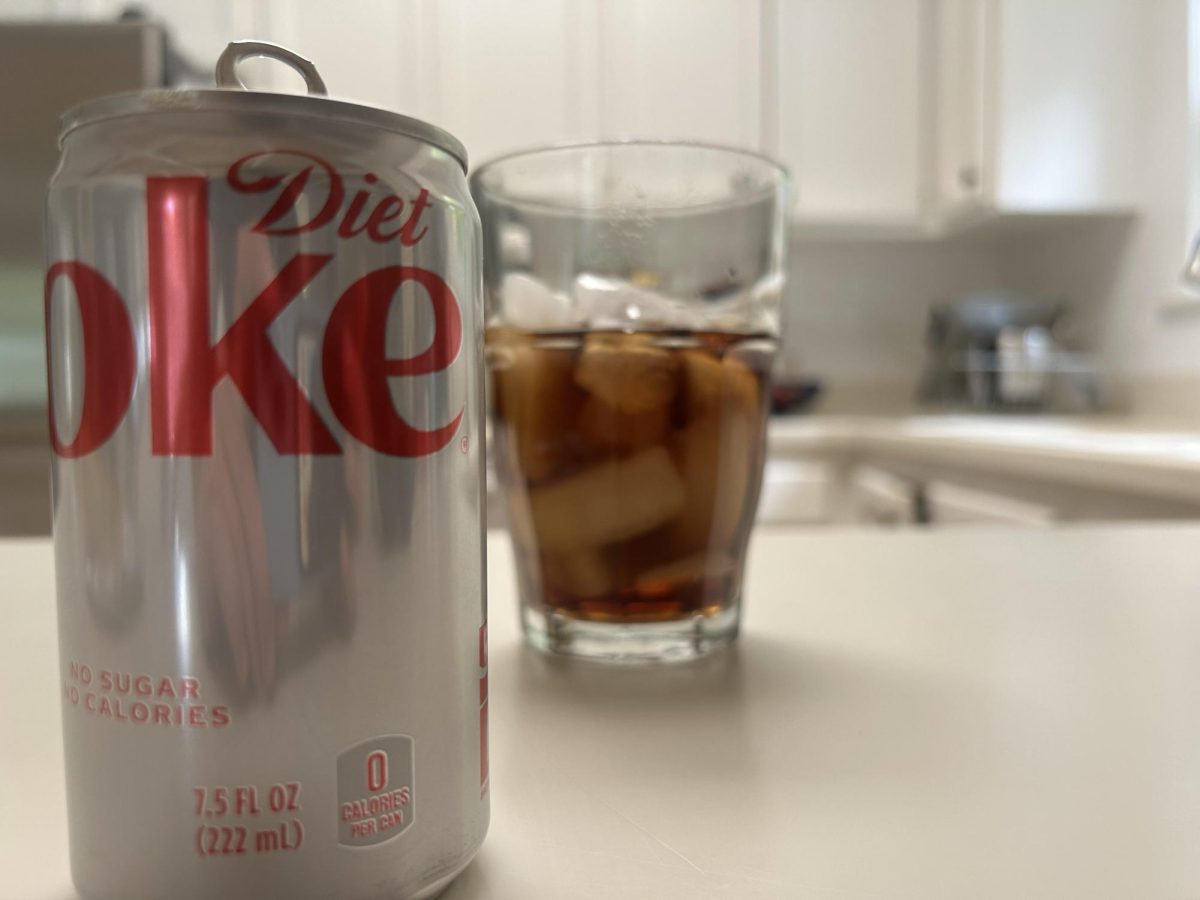Rip off the wax. Zap the laser. Pluck the hair. Glide the razor. Pull the thread. Over 99 percent of women choose to remove their body hair. This includes everyone from Kim Kardashian, whose “entire body is hairless,” to Chrissy Teigen who shaves every day, claiming “it’s exhausting,” to Vanessa Hudgens and Victoria Beckham who remove their hair by laser. It is clear that hairlessness is the societal standard for women.  The past
The past
This is not a new phenomenon. Removing body hair dates back to 3000 B.C.E., when it was viewed as uncivilized in ancient Egypt and India, so copper razors and a method similar to sugaring, using a sugar paste to remove hair from the root, were common. In Ancient Rome, tweezers, depilatories and abrasive pumice stones were used to meet the beauty standard, and Renaissance women considered hairlessness to be a sign of class.
In America, body hair was not highly considered until the 1800s when it gained a negative connotation from Darwin’s 1871 novel, “The Descent of Man.” Body hair became associated with the selection of the fittest considering that homo sapiens had less body hair than their predecessors.

According to a 2017 article in The Atlantic, “Darwin’s evolutionary theory transformed body hair into a question of competitive selection — so much so that hairiness was deeply pathologized.”
Shortly following the publication of Darwin’s novel, middle-class American women used hair removal to affirm their upper-class status, as Rebecca Herzig explained in her 2015 novel “Plucked: A History of Hair Removal.”
“Hair removal, at its core, is a form of gendered social control. It’s not a coincidence that the pressure for women to modify their body hair has risen in tandem with their liberties,” Herzig wrote.
Additionally, in the next decades, as the hemlines of skirts and dresses shortened, extreme body hair removal efforts grew. This included using sandpaper, shoe wax, pumice stones and cream made from the rat poison, thallium acetate, which caused permanent disabilities and harmful X-ray hair removal.
Products such as Gillette’s 1915 first female razor, the Milady Decollete, were specifically marketed towards women as hairlessness became equivalent to desired femininity. Then, during World War II, there was a shortage in thick stockings that women used to cover up their leg hair, thus shaving increased in popularity. By 1964, 98 percent of women were regularly shaving their legs.
Beyond shaving, in 1997 the Food and Drug Administration (FDA) approved the first laser treatment for permanent hair reduction. By 1999, laser hair removal was the third most popular cosmetic procedure performed in the U.S. The present
The present
Currently, hair removal can be done through multiple methods: threading, waxing, laser hair removal, electrolysis, sugaring and shaving. According to a March Bark survey, 73 percent of females at Redwood choose to remove their body hair regularly, and another 19 percent do so sometimes. As a result, these women will spend more than $10,000 over their lifetime to purchase shaving products.
Many women find satisfaction in removing their body hair. At Eden Day Spa in San Anselmo, employee and esthetician Lailee Kerachi notices this sentiment first hand. Kerachi says that everyone should do what feels right for them with their body hair, and she takes pleasure in assisting them to achieve their desired results.
“I really enjoy when people come out [of the spa], and they’re so happy with whatever treatment that they received … My goal is for everyone to come out feeling relaxed, feeling comfortable, feeling good, looking in the mirror and liking what they see,” Kerachi said.
While some women claim that removing body hair is their personal choice, it is rooted in a societal standard. Junior Poppy Lasher claims that the need to remove body hair is ingrained in girls starting at a young age.

“My mom told me to start shaving [when I was around 11-years-old]. She said it was the thing that you’re supposed to do … So I started shaving and I kind of liked it [at first] because it made me feel grown-up,” Lasher said.
However, as shaving became more of a chore and less of an exciting, new experience, Lasher began to see the faults of such beauty standards.
“It’s no secret that [the standard of female body hair removal is a] pretty patriarchal concept. I think a lot of beauty standards for women boil down to [women] looking like children, being hairless, submissive and looking young,” Lasher said. “We’re definitely taught to be disgusted by our [natural] bodies.”
Senior Will Fitzgerald states that while he does not have a problem with body hair on women, he notices that males generally favor female hairlessness, despite not feeling the need to be hairless themselves.
“Guys tend to have an aversion to body hair on women,” Fitzgerald said. “It’s overall a double standard rooted in toxic beauty standards that stem from the infantilization of the ‘ideal’ woman, as well as cosmetic industries finding different ways to target women and promote their products by marketing specific idealistic features.”
While hairlessness in women is common now, as both Lasher and Fitzgerald discussed, the destigmatization of body hair is a developing concept. The future
The future
“We are on a mission to remaster how people feel about body hair and to remove the shame many people have around their bodies,” co-founder of Fur Oil, Laura Schubert, said in an interview with makeup.com by L’oréal.
Fur Oil is a company that creates products designed for the health of body hair by preventing ingrown hairs, smoothing the surrounding skin, softening the hair and cultivating hair growth; the company is an excellent example of a company creating a product meant to support body hair, instead of one supporting the removal of body hair. Along with the founders of Fur Oil, other women are beginning to embrace their natural body hair. This includes junior Sienna Garsten whose views have shifted in the past couple of years.
“My thoughts [on shaving] really changed during quarantine because obviously, we were all alone,” Garsten said. “It was honestly kind of freeing. I know that sounds cheesy, but it was just nice to not be conforming to such a thing that women are often subjected to.”
Garsten and Lasher, both in the same friend group, find that their peers are accepting and supportive of their decisions not to shave, especially since not removing body hair is common in their group.

“A lot of us [in my friend group] are queer. I would say in the queer community, it’s more common to see [the destigmatization of body hair], especially on women or non-binary people,” Garsten said. “Freshman year, when I was a rower, I was around athletes and straight girls, [but with my current friend group], it’s a very different type of atmosphere to be around. I don’t feel judged at all [for having body hair.]”
Many people today may associate women having body hair with political movements of the past. In 1972, when the Equal Rights Amendment was passed in Congress, body hair became a badge of feminism for women fighting for gender equality as it represented female empowerment and a break from traditional standards. However, Lasher notes that her choice was a personal one, having nothing to do with politics.
“I feel like people frame these things, like not wearing makeup and not shaving, as a political choice. [But] it was never like that for me. And I don’t think it is for a lot of people. For me, it was kind of just laziness,” Lasher said.
While there is growing exposure to natural body hair, which may lead to more support, Lasher speaks of a noticeable lack of acceptance from her family as body hair is masculinized.
“The only people that care [about my choice in shaving] are my mom and my sister. [My mom says], ‘you need to shave. That’s disgusting.’ … like it’s more unsanitary on me than it is on my brother,” Lasher said.
With women beginning to break away from the double standards surrounding body hair removal and the need to conform, the definition of beauty is moving beyond what has been traditionally accepted, according to the co-founder of Fur Oil.
“Beauty to me is more of a feeling rather than one aesthetic or look. I feel the most beautiful when I’m being thoughtful about taking care of myself or the people I love, and when I take a moment to think about the things in my life that I feel grateful for,” Schubert said.
















